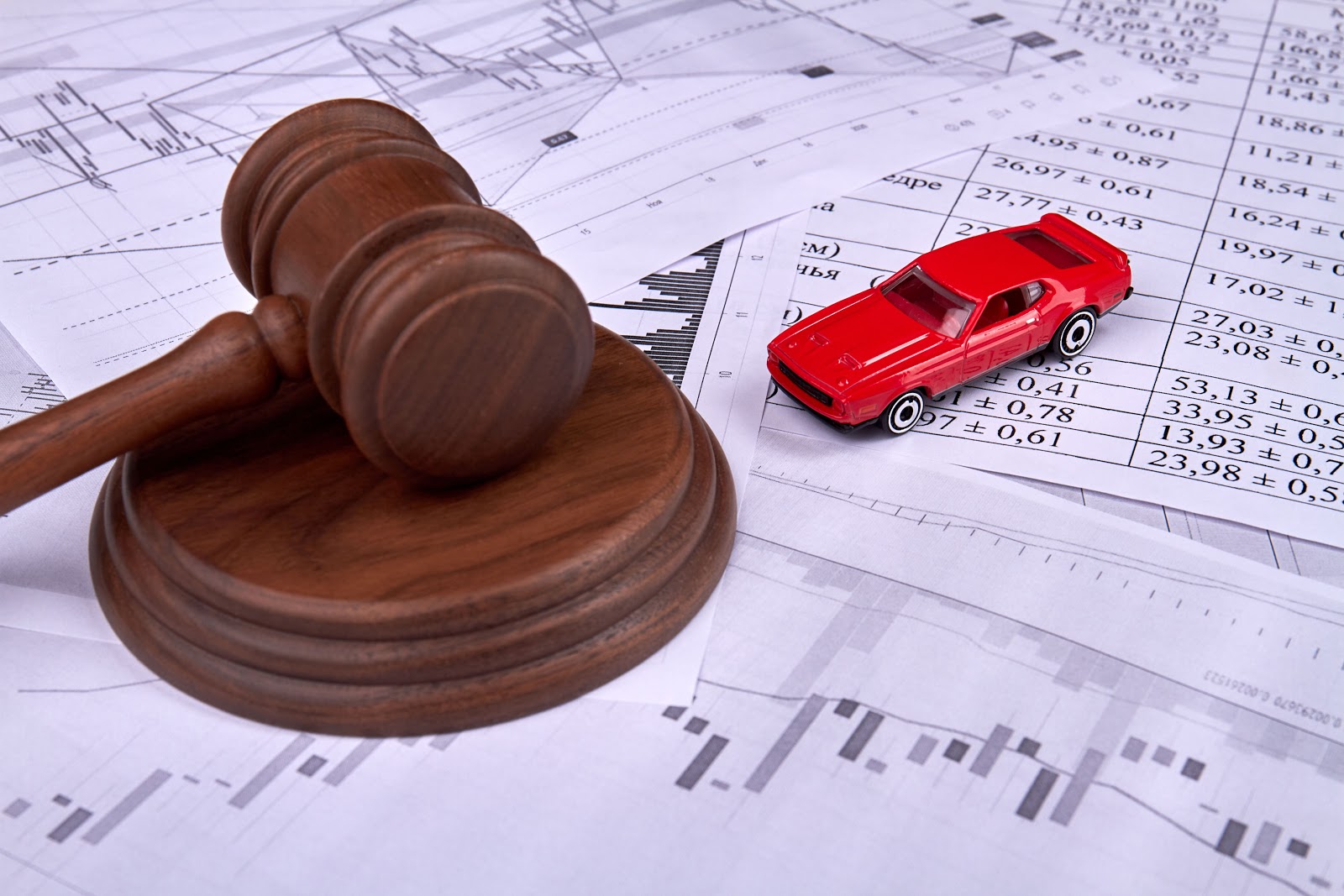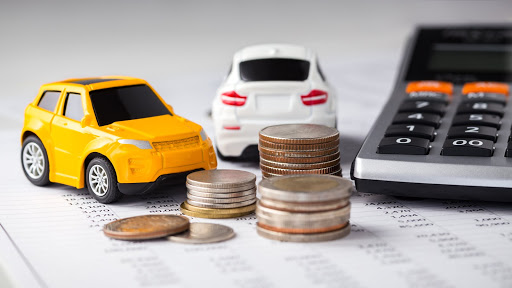
What Items Can Be Repossessed?
When you get behind on installments on a guaranteed loan or refuse to comply with the security agreement’s essential provisions, it means you have defaulted.
Under certain situations, such as whether you leave the insurance to expire or become insolvent, the creditors can have the ability to declare default on the guaranteed loan, even though your transactions are current. In most contracts, the claimant can then take the property you have promised as collateral without having to go to court to receive a judgment in advance.
What Are My Rights After Car Repossession?
After your car has been repossessed, your creditor will wish to either retain it as reimbursement for your debt or sell it back to a public or private market. In some states, the creditor has to let you know what’s going to happen to your vehicle.
For example, if a vehicle is sold at a public auction, state law can mandate the creditor to notify you of the time and place of the sale so that you can attend and engage in the bidding process. When the car is sold commercially, you will have the right to know the date of the transaction.
Under each of these cases, you will be able to “redeem” or buy back the car by paying the full sum you owe (usually including the past due installments plus the whole outstanding debt), in addition to costs relating to repossession, such as transportation, planning for auction, and attorney’s fees. Or you might offer to buy the car back by making a bid at the repossession auction.
What Happens to My Personal Property in the Vehicle?
Regardless of the manner used to dispose of the vehicle, the borrower may not hold or sell any personal property inside the car. In certain states, the creditor needs to tell you what personal things have been found in your vehicle and how you can get them back.
Your creditor will also be expected to take good precautions to discourage someone else from taking the property from the vehicle. If your borrower is unable to pay for things left in your car, you might wish to talk to a lawyer about your right to reimbursement.
Can Your Car Be Repossessed?
If you have a car loan from a broker, a lender, a local bank, or any other creditor, most car loan dealers give the creditor the right to repossess the vehicle if you default, and usually, the lender is not allowed to provide a warning when taking the car.
After the lender has repossessed your car, they will most likely auction it to get the money you owe them. If the remaining amount of the loan is higher than the selling price, you will still be held liable for the default payment and the repayment costs of the borrower.
Are There Restrictions on Vehicle Repossessions Due to the Coronavirus Crisis?
Few states have legally prevented creditors and debt collection agencies from taking specific debt-collection steps, such as car repossessing, due to the extremes of the COVID-19 national crisis.
To find out if your state has any limits on debt recovery activities during this national emergency, review your lending company’s official website and scan for Pandemic Directives. The National Consumer Law Center (NCLC) website is also a vital source of consumer knowledge, including restrictions on debt recovery during the coronavirus epidemic.
Lenders are now required to provide forbearance agreements that will allow you to postpone payments if you have financial hardships attributable to COVID-19. If you cannot afford a car payment for a coronavirus-related cause, call your lender to address your condition.
Protect Your Assets and Take Control of Your Finances
Repossession can be stressful, but you have options. At Encompass Recovery Group, we help clients negotiate with lenders, explore payment adjustments, and find the best financial solutions to prevent repossession. Don’t wait until it’s too late—take proactive steps to safeguard your vehicle and financial stability.
Contact us today for expert guidance and the best strategies to keep your car and regain financial control!

